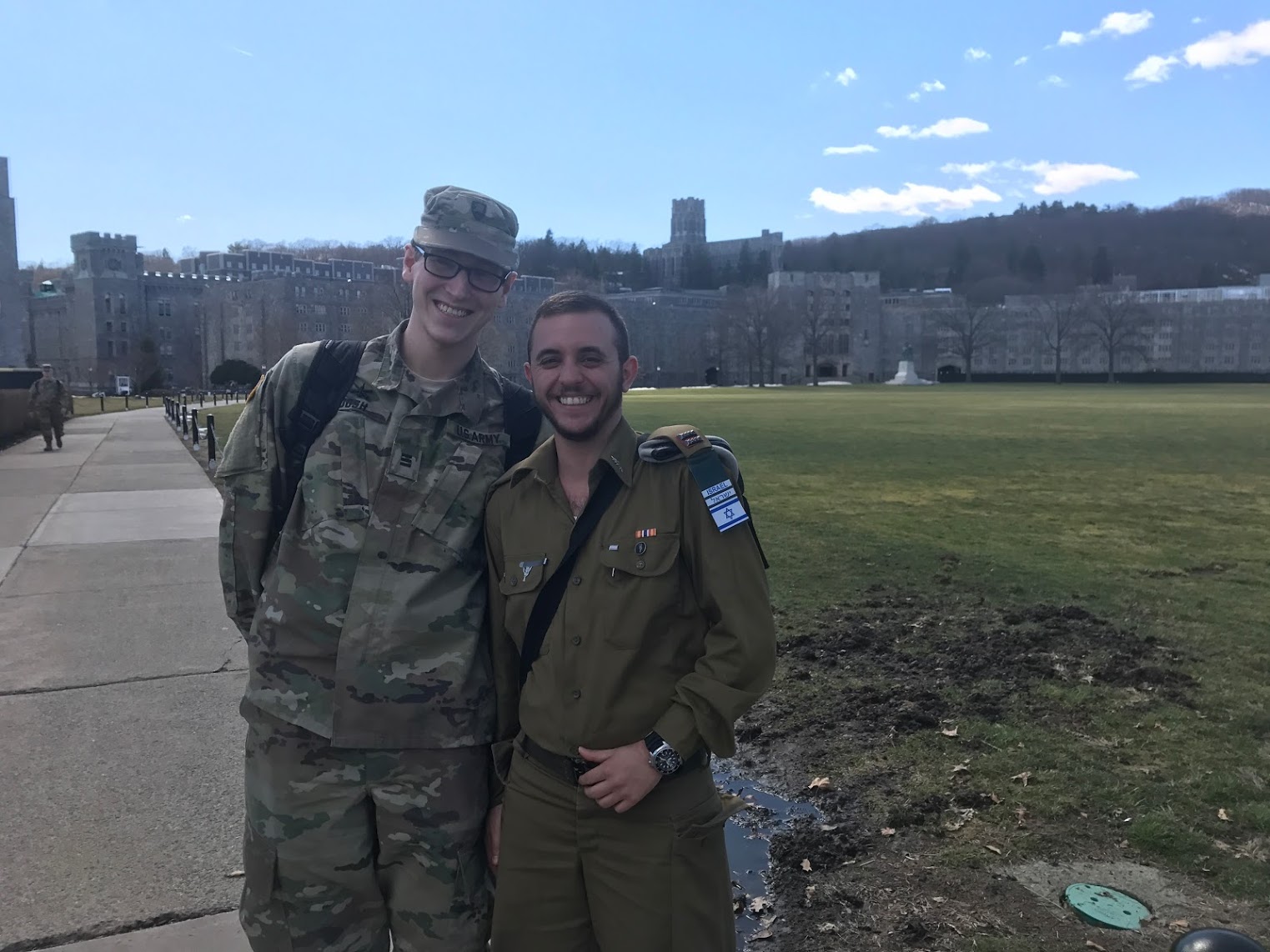In just three tweets Wednesday morning, Commander in Chief Donald Trump squashed decades of social progress and legitimate preparation to lift a ban on transgender people serving in our country’s armed forces. Besides wreaking of distraction puffery, diverting the media from a critical 20-hour health care debate, these words have far-reaching implications in spreading misconceptions and inciting violence against trans people. Our President is painting blood onto his hands and our nation is worse for it.
I never thought joining the army was an option for me, despite my fascination with all things military, from ships to planes, uniforms, and countless History Channel documentaries. Joining as a male would have meant an inevitable regulation haircut, literally shedding me of the single feminine attribute I could have without suspicion. I knew I wanted to transition at some point; my body would only continue to masculinize the longer I waited.
Yet an estimated 15,000 transgender individuals currently serve, openly or in the closet, and 150,000 are veterans. While a few service members have been lucky enough to come out within their units under tacit, if not official, commander support, most felt obliged to keep their feelings secret, at risk of discharge or even court martial if discovered.
Serving those who serve is a unique honor for civilian advocates like me, especially after Barack Obama’s repeal of Don’t Ask Don’t Tell in 2011, opening the doors to out gay and lesbian troops. Last September I spoke at Womack Army Medical Center, on Fort Bragg, the east coast’s largest military base, in Fayetteville, North Carolina. My psychiatrist friend Scott Leibowitz invited me to join one of the first continuing-education seminars for mental health providers who would be caring for newly coming-out service members. To my surprise, most questions were on logistics, as might arise when individuals change assignments. There was no sense of “why are we bothering,” but rather enthusiasm for maximizing the potential of each individual who chooses this life.

Fort Bragg is home to the Army Airborne division. People who make their living jumping out of perfectly wonderful airplanes awarded me my very first challenge coin for “demonstrated bravery.” Thanks to all those war docs, I knew what it was, and kept it in my purse ever since.
This March, I helped arrange a special guest speaker at West Point: Captain (then Lieutenant, he just got promoted last month!) Shachar Erez, of the Israeli Defense Forces, the IDF’s first transgender officer. Hosting the discussion was Cadet Riley Dosh, who has made headlines finding herself in limbo as a transgender soldier. She just completed a quarter million worth of taxpayer-funded education (by remaining “male” on all her paperwork), yet remained unable to receive her commission while the final inclusion policy was readied. Given this recent news, she may never.

Erez explained that army service is mandatory in Israel after high school. For him it was about making his contribution like his peers. Dosh, meanwhile, planned to join an artillery corps. She literally dreamt of traveling far away to blow shit up even farther away, putting herself on the line so that you and I can enjoy our freedom. This is what Donald Trump aims to prevent.
It’s worth the reminder that Donald Trump is a chaotic nutcase. Nothing he says (or tweets) is grounded in any reality except his own. He cites the “costs” and “disruption” that trans service members create, both which have been widely debunked. A 2015 study on hormones and surgical interventions for those who need showed an estimated budget impact of $0.016 per month, or 20 cents per year, per subscriber within the general population. Trans people who can establish lasting relationships with doctors facilitating their transitions are also more likely to get primary and sexual care along the way, enhancing general health. This would be no different for the military, where a recent nonpartisan study capped the estimated cost of trans care at $8.4 million for our entire force of 1.3 million troops, a drop in its $700 billion budget.
Hormone treatment is comparable in cost to contraception for soldiers or their family who request it, and the Pentagon already spends around $42 million on Viagra. Trans surgery would barely impact the existing readiness to handle medical situations on the fly, be they training injuries or combat wounds requiring extensive rehabilitation. The “disruption” is a familiar argument one might have heard before this same day, July 26th, 1948, 69 years ago, when President Harry Truman desegregated our army by executive order once and for all. Countless everyday and decorated service members would never have had their fair chances had he not.
As American Jews, we must especially hold a clear line on inclusion, especially for our armed forces. By instituting discrimination, Trump is even violating that Conservative-sacrosanct Second Amendment, by impeding our constitutional right to a “well-regulated” militia that is necessary to secure a free State. This is piss-poor regulation, and rings of May 1935, when Adolf Hitler expelled loyal Jewish officers from the German and Austrian armies, despite their bravery in World War I.
But this isn’t about the army, the way it was never about bathrooms. Donald Trump is watching his administration crumble and must pander to his right-wing base before they jump his sinking ship. Whether or not this policy is ever enacted or even deemed lawful—and odds are, it won’t be—the lasting impact of those three tweets is a segment of the populace that just got a huge affirmation of their myopic worldview: that trans people are something less, something costly, something disruptive, and that our care is not medically necessary in any context—military or civilian.
I commend all the trans service members I know who believed they were training and fighting for a country that was better than this. I still believe we are.



